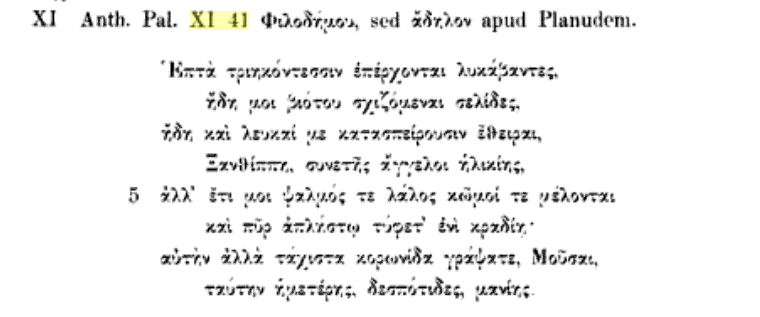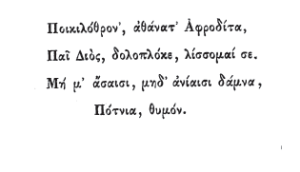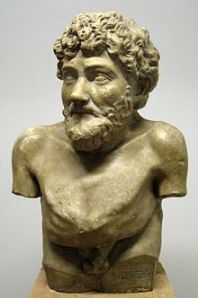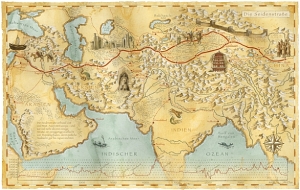Oh! where, Dodona! is thine aged grove,
Prophetic fount, and oracle divine?
What valley echo’ d the response of Jove?
What trace remaineth of the Thunderer’s shrine?
All, all forgotten – and shall man repine
That his frail bonds to fleeting life are broke?
Cease, fool! the fate of gods may well be thine:
Wouldst thou survive the marble or the oak?
When nations, tongues, and worlds must sink beneath the stroke!
(by Lord Byron (https://www.historic-uk.com/CultureUK/Lord-Byron/), Childe Harold, II, 53)(*)
https://www.gutenberg.org/files/5131/5131-h/5131-h.htm
* Stanza 53 is about the temporary nature of everything, with a warning to readers not to think themselves more durable than the ancient ruins of once great oracle of Dodona or Dodone , the oldest Hellenic oracle, dating to the second millennium BCE according to Greek historian Herodotus.
The oracle of Dodone was renown throughout ancient Greece and it is mentioned in Iliad (and the Odyssey)
“O thou supreme! high-throned all height above! O great Pelasgic, Dodonaean Jove! Who ‘midst surrounding frosts, and vapours chill, Presid’st on bleak Dodona’s vocal hill: (Whose groves the Selli, race austere! surround, Their feet unwash’d, their slumbers on the ground; Who hear, from rustling oaks, thy dark decrees; And catch the fates, low-whispered in the breeze;)” Homer. The Iliad (Kindle Locations 9147-9151).
….where “dwell men who have many sheep and many oxen, and they are in number past telling, tribes of mortal men. And there upon its border is built a city, Dodona ; and Zeus loved it and (appointed) it to be his oracle, reverenced by men……..And they (the doves) lived in the hollow of an oak. From them men of earth carry away all kinds of prophecy, — whosoever fares to that spot and questions the deathless god, and comes bringing gifts with good omens.” (Hesiod, Kindle Locations 1368-1371).










You must be logged in to post a comment.